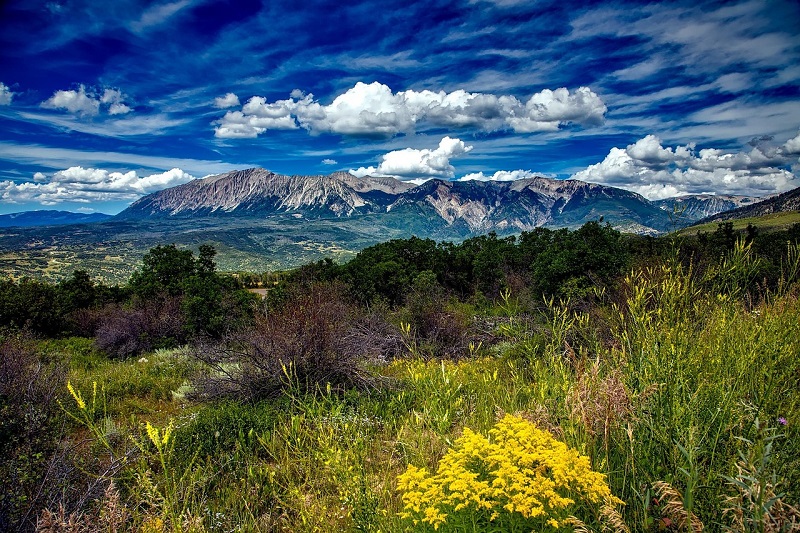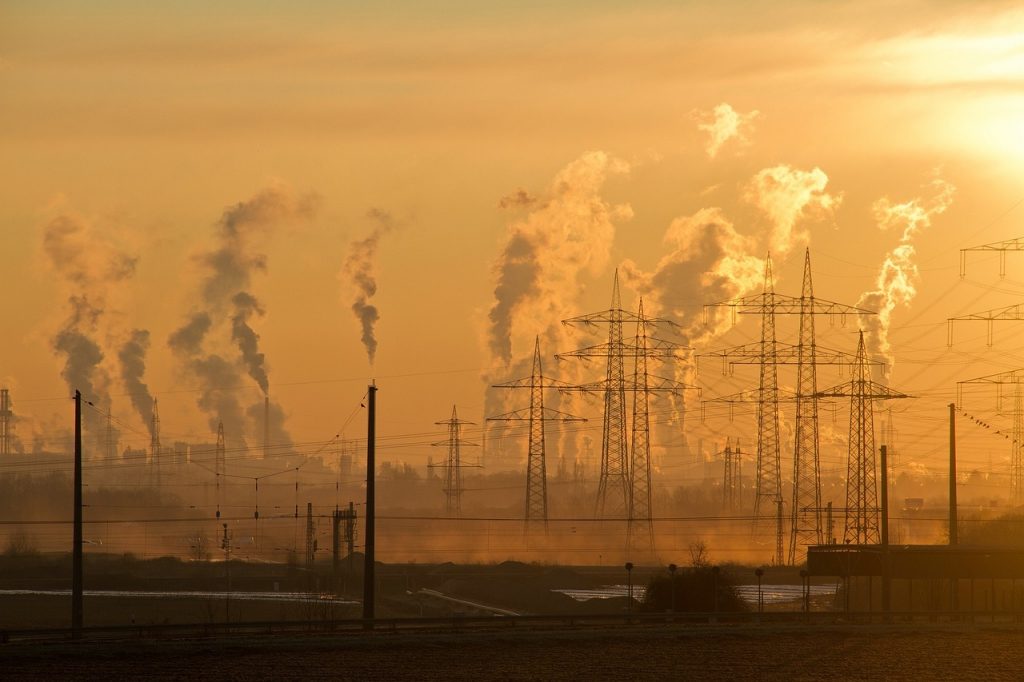
The Probability Broach, chapter 5
Win sits up, dizzy and bloodied, his head throbbing from the explosion that hurled him into the air. He remembers fleeing from a hail of gunfire and escaping through what he thought was an emergency exit. But his surroundings bear no resemblance to that violent scene:
Through my personal haze, the scene was tranquil, bearing no relationship to the meat grinder I’d just been through: a broad emerald lawn and a five-foot hedge stretched endlessly in the distance. On the other side, a corrugated metal shack showed robin’s-egg blue. The air was warm, heavy with the scent of dark earth and growing things, dappled with sunshine and shade amid small groves of enormous trees; benches and sidewalks somehow tinted tones of red, orange, or yellow.
…Here and there, other people were dancing, talking in small groups, lying in pairs under leafy canopies, moving gently with the music. They wore a bewildering variety of costumes: bright swirly cloaks, skirts or kilts, trousers and tunics—riots of color strewn like shining flowers across the forested lawn.
…A hand on my shoulder—I started. A dark, pretty girl in orange bellbottoms stood behind me. “Are you all right?” she asked, almost apologetically… A sheathed dagger, needle slim, hung from a jewelled chain around her tanned and slender waist.
Unable to comprehend what’s happened, Win can only assume he was somehow thrown clear by the blast (“the Enquirer’s headline would read, POLICEMAN THROWN HUNDREDS OF FEET BY EXPLOSION, LIVES!”).
He croaks that he’s all right and staggers off, hurting and bewildered. People stare at him as he stumbles through the park, and as his head clears, he looks back at them. The first thing he notices, after the unfamiliar clothing styles, is that everyone is armed:
Whatever the local ordinances were, I saw more low-slung handguns, more dirks and daggers, than in a dozen B-westerns and swashbucklers spliced together reel to reel. I found myself grabbing convulsively at my left armpit more than once. Fort Collins sure had changed!
…There hadn’t been a hardware collection like this since the Crusades were catered. Women and children sporting arms right along with the men.
In case it isn’t obvious, Win has entered a parallel universe. It’s L. Neil Smith’s anarcho-capitalist utopia, the North American Confederacy. The NAC is a society with no government, no laws and no police. Everyone is responsible for their own safety, hence why everyone is carrying weapons. At any moment, you might have to defend yourself against someone trying to rob or kill you, and no one’s coming to help you if you can’t.
You might think that a lawless, heavily armed society would be like the Wild West. It should be a place where the threat of violence is always hanging in the air like thunderclouds, where every stranger is regarded with suspicion and hostility, and every encounter takes place through narrowed eyes and hands hovering above pistol grips. Smith insists that isn’t the case:
Something was missing—the barely concealed hostility and fear that haunted my city streets. These people never seemed to push or jostle, never avoided looking at one another. They’d nod politely—even speak!—and they carried their heads high, unafraid of the world around them. It sent shivers down my spine.
This is the “an armed society is a polite society” thinking that’s ubiquitous among gun-worshippers. It’s also completely false.
As ultra-violent America proves by its own bad example, putting more guns in more hands makes society more violent, not less. There will always be angry, unstable people who erupt at the slightest provocation. There will always be abusers and psychopaths who have no qualms about lashing out at others to get their way. In a world where nobody is armed, these confrontations might end in yelling, curses, or at worst, a brawl. In a world where everyone is armed, they’ll end with bullets.
And that’s what happens in the real world, where people know that calling the police is an option when you’re in danger, and where the threat of legal consequences deters people from choosing violence. In Smith’s world, going for your gun is the first and last resort. There’s every reason for lethal violence to be more common, and no reasons for it to be less. His North American Confederacy shouldn’t be a peaceful, well-mannered utopia; it should be a war zone.
But wait – among that panoply of armed strangers, did he mention children? Yes, children:
Even more jarring were the weapons—men and women alike, little people, children. I passed one obvious kindergartener carrying a pistol almost as big as he was! Was there some danger here I wasn’t seeing?
…Yet these people seemed so full of cordiality. Could the source of their pride and dignity be nothing more than the mechanical means of dealing death they carried?
Okay, look.
There’s a reason we don’t let children do things like drink alcohol or drive, and it’s not because we live in an overbearing nanny state. It’s because their brains are still developing and maturing. Kids exhibit a combo of intense emotions, lack of common sense, and impulsive behavior that can be hard for parents to manage at the best of times.
As the father of an 8-year-old boy, I can attest that kids are capable of being intelligent, sweet, compassionate, and insightful. They’re also prone to being stubborn and contrary for no good reason, ignoring directions they’ve been given a hundred times, doing dangerous things out of sheer carelessness, and throwing huge tantrums over inconsequential problems. They stick things in electric outlets, walk into traffic, try to pet strange animals, run up and down the stairs. My son once touched a cactus to see what would happen.
And he’s old enough now to occasionally reason out the consequences of his actions. Smith is proposing that even younger children should be trusted with deadly weapons. I wouldn’t even trust a kindergartener with a permanent marker!
Then there are the teenagers. Again, it’s not just the government passing arbitrary laws because they hate freedom. The frontal cortex of the brain, which is involved in foresight and self-control, isn’t fully developed in teens. That’s why they’re prone to impulsive, risky behavior like dangerous driving, drugs and unsafe sex. (The free market also recognizes this; that’s why they pay higher car insurance rates.)
You can imagine how disastrous it could be to add easily accessible, unregulated firearms to the mix. What happens in anarcho-capitalist world if you’re the parent of a teenager and you ground them for bad behavior? Can they threaten to shoot you?
Libertarians reflexively assume that humans are perfectly rational beings who carefully weigh the benefits and drawbacks of every decision, even in cases where it’s obvious that assumption is false. This is the most shocking example. Owning a firearm, much less carrying it around, demands a level of care, discipline and vigilance that most adults don’t possess.
Kids die, all the time, from finding and playing with their parents’ guns. In the past few years, guns have become the #1 cause of death for U.S. children and teenagers. It takes a willfully perverse mind to look at this carnage and conclude the only problem is that there aren’t enough kids packing heat.
Image credit: Public domain, via NARA/DVIDS
New reviews of The Probability Broach will go up every Friday on my Patreon page. Sign up to see new posts early and other bonus stuff!
Other posts in this series:



